With artificial intelligence on the rise, students in college are utilizing it more than ever in their academic studies. CSU Stanislaus has students and professors using it on a daily basis for a variety of reasons. Students are using ChatGPT by asking it questions and applying its answers to homework assignments or projects. Some professors make use of AI by allowing it to create lesson plans or to grade students’ assignments. While these uses of AI are the norm nowadays, people still question what forms of AI use are ethical in education.
Aaron Lanser is a professor in the English department at Stan State who allows students to involve AI in their projects with a few rules.

“I am trying to teach critical literacy about it,” Lanser says. “I’ve adapted my syllabus to make room for AI in student use so if students are going to use it, I have a policy for it. And it’s basically a combination of revision and transparency. I ask my students to provide a short record of their use and how they employed it.
“In my Freedom of Speech class, a lot of students used AI to generate an image or a video. Then they combined that with other materials to create a presentation. I ask that my students don’t just enter a prompt into the AI text box, generate a video and then submit it to me as a final product. That would be the absence of learning.”
This use of AI in college seems to be the most ethical because students are not able to submit 100% AI-generated works without violating Stanislaus State’s academic honesty standards. AI regulations allow students to utilize AI while still requiring them to provide citations, sources and their own original work. These boundaries allow professors to worry less about plagiarism and other unethical concerns.
Communications student Riley Villalovoz uses AI to fact-check her responses in discussion posts or to find support within her readings to clarify certain questions she may have. She often uses AI as a Google substitute because the answers are provided quicker in comparison to other generic search engines. While Villalovoz is a user of AI she does have some ethical concerns regarding AI in education today.
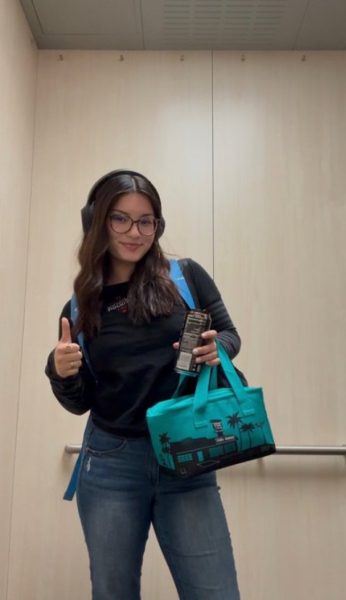
“People are becoming so lazy when it comes to studying or actually learning a concept,” she says. “It frightens me that nursing students and med students have access to AI because it’s so easy to cheat on tests and assignments nowadays. It’s scary because people have lost motivation to genuinely learn and just go straight to AI for answers. Most people at least, not all.”
Stan State Student Emily Giraldes also has some worries about the use of AI in college.
“There’s a fine line between using it as a learning aid and relying on it to do the work,” she says. “Bias and misinformation are also major issues—AI models reflect the data they’re trained on, so they can sometimes provide skewed or inaccurate information.”
Like many students, she believes AI can play a role in education but with a few boundaries.

“AI should be viewed as a powerful assistant, but learning and original thought should always come first,” Giraldes says. “AI can assist educators by grading assignments, providing instant feedback and acting as a virtual tutor. However, it should be used responsibly—students should be taught how to engage with AI critically rather than relying on it blindly. Ultimately, AI should support education, not undermine critical thinking and problem-solving skills.”
There are various opinions surroundings the implications of using AI in education, but the CSU system fully supports it. In an article released by the CSU this February titled, “CSU Announces Landmark Initiative to Become Nation’s First and Largest AI-Empowered University System,” it was announced that “AI tools and training will be available to all 460,000 students and 63,000 faculty and staff” across all CSU institutions in the United States. The CSU system is integrating AI tools such as ChatGPT in universities so that students and professors can broaden their education experience.
CSU Chancellor Mildred García states in the article, “The comprehensive strategy will elevate our students’ educational experience across all fields of study, empower our faculty’s teaching and research, and help provide the highly educated workforce that will drive California’s future AI-driven economy.”
This change will proceed in the next upcoming weeks.
Regarding the CSU implementation of AI, Professor Lanser states, “The technology is here, the University is behind it, there’s money behind it and many of the incentives and the policies are steering towards not just using it, but integrating it. So we better all be ready.”
“AI is here to stay,” Giraldes says. “So rather than banning it, we should focus on teaching AI literacy. Students need to understand how to use AI ethically and effectively.”


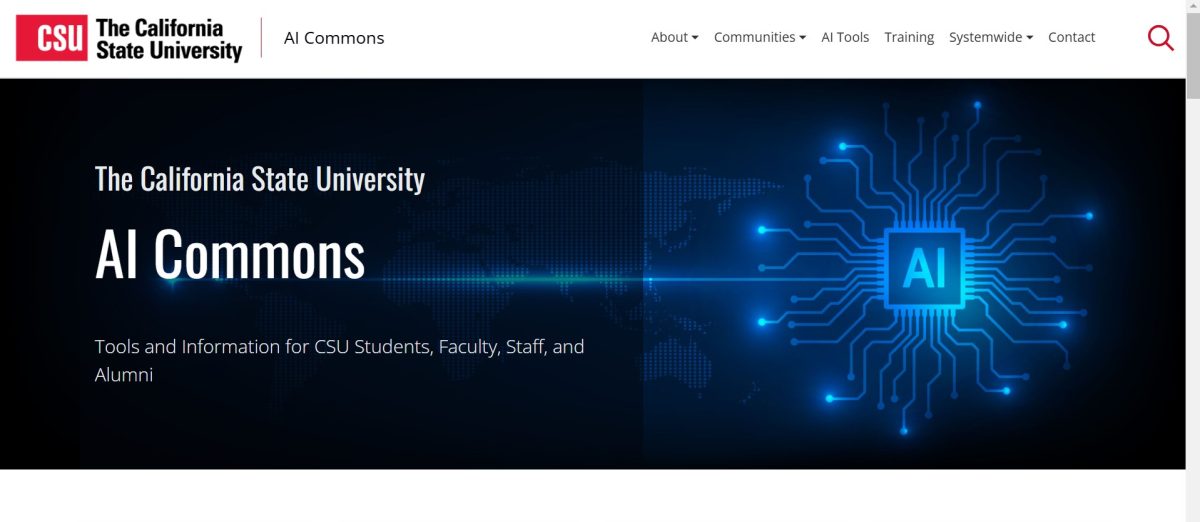
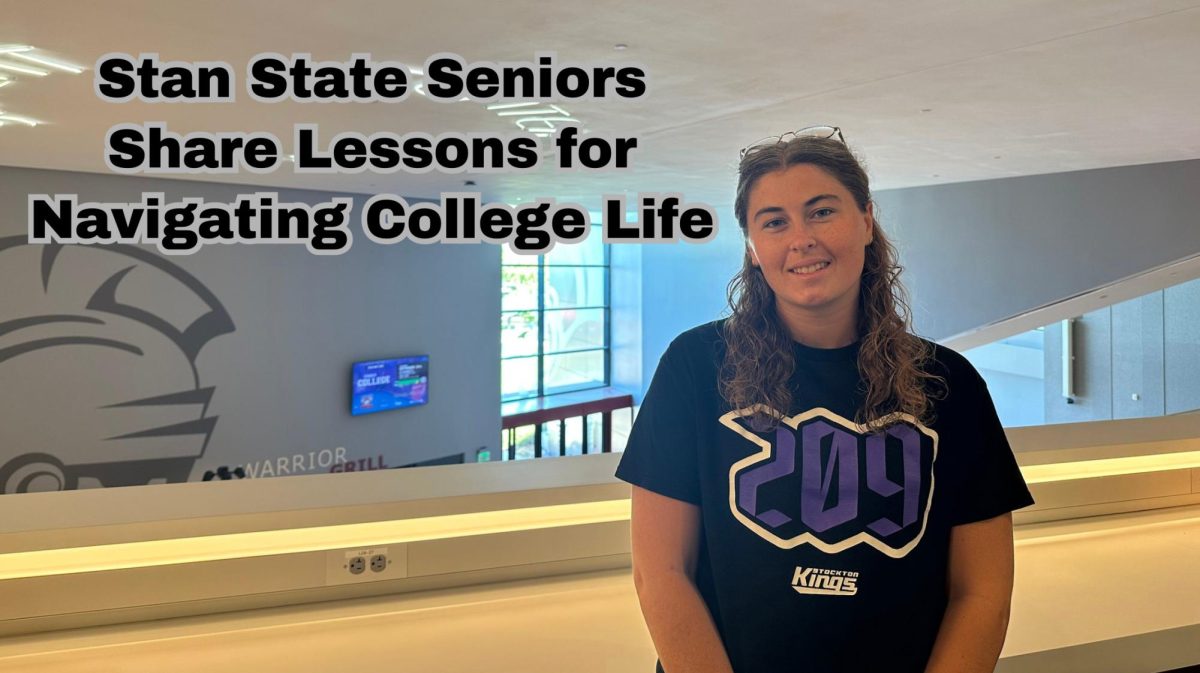
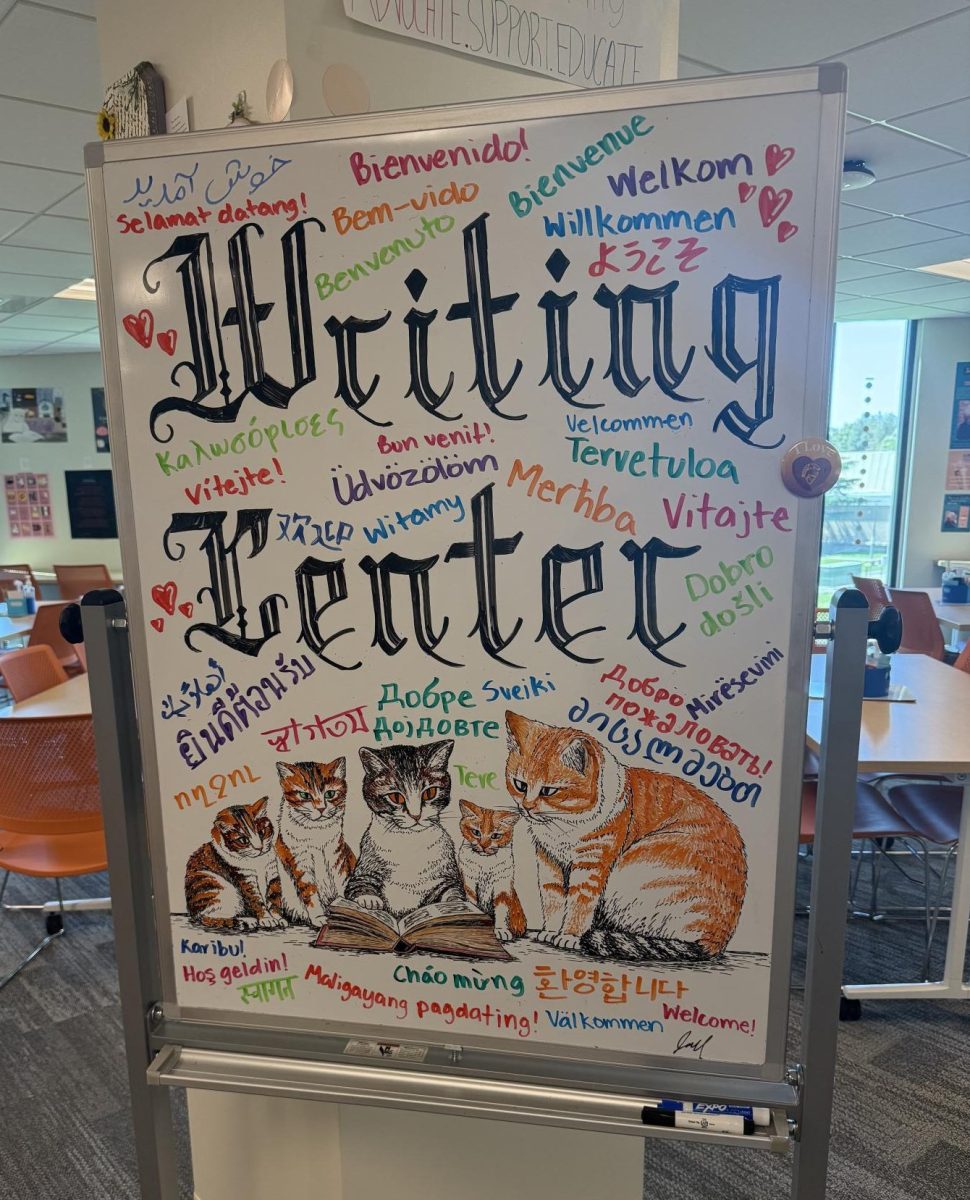
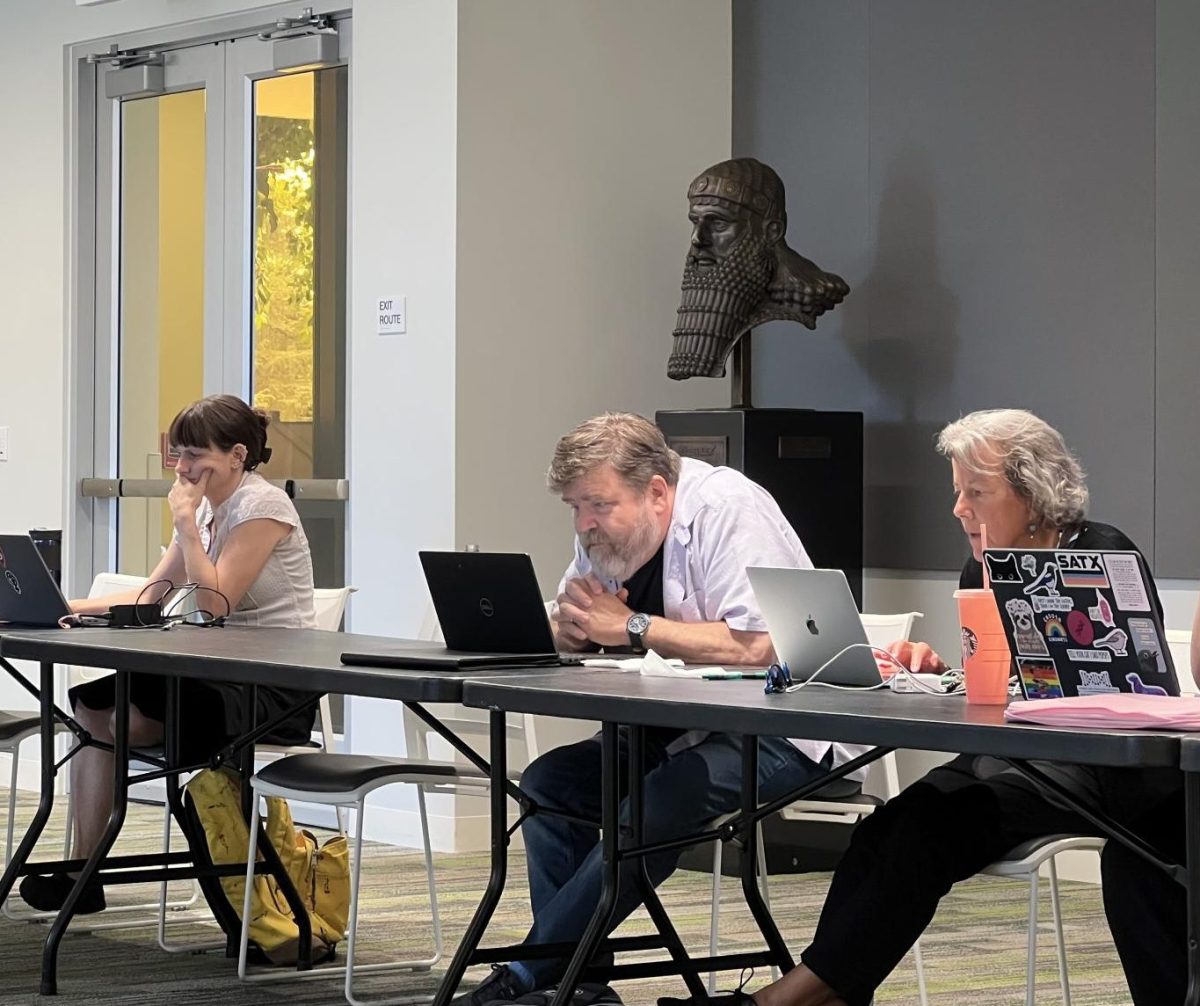
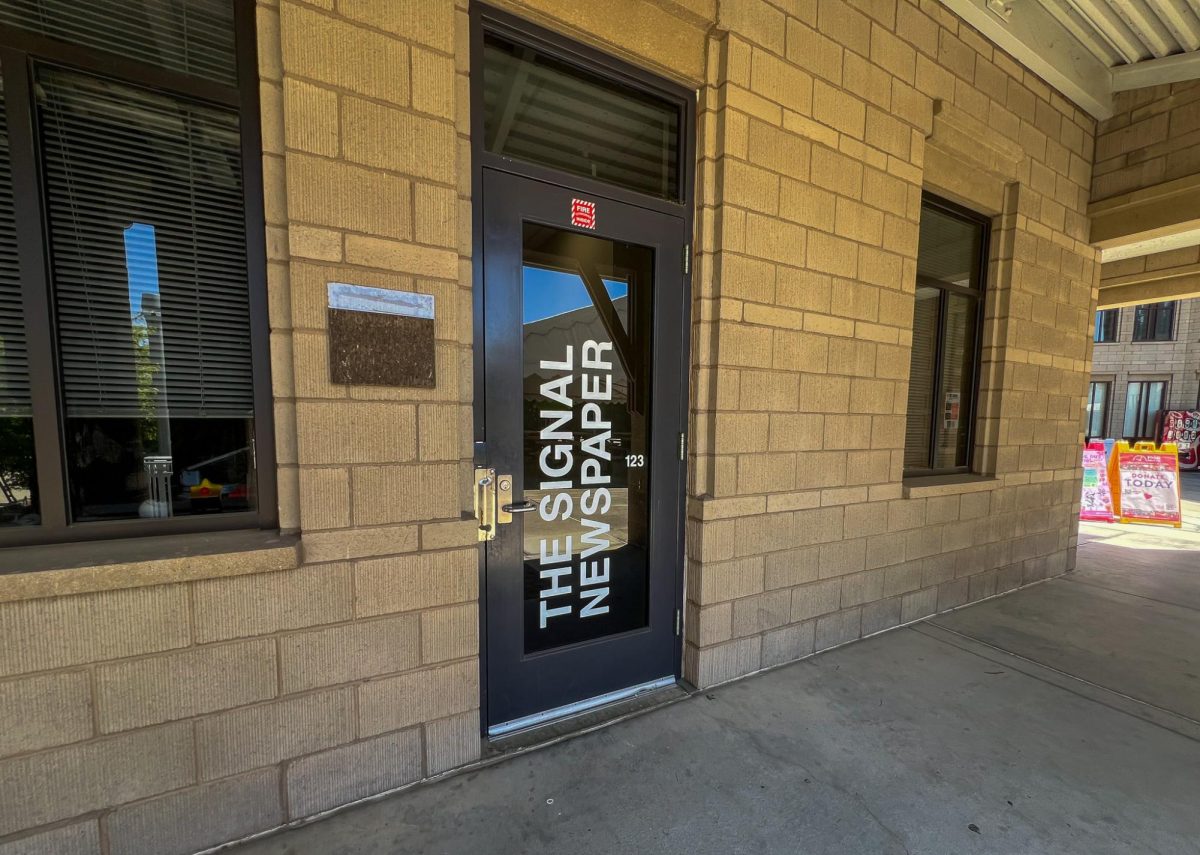
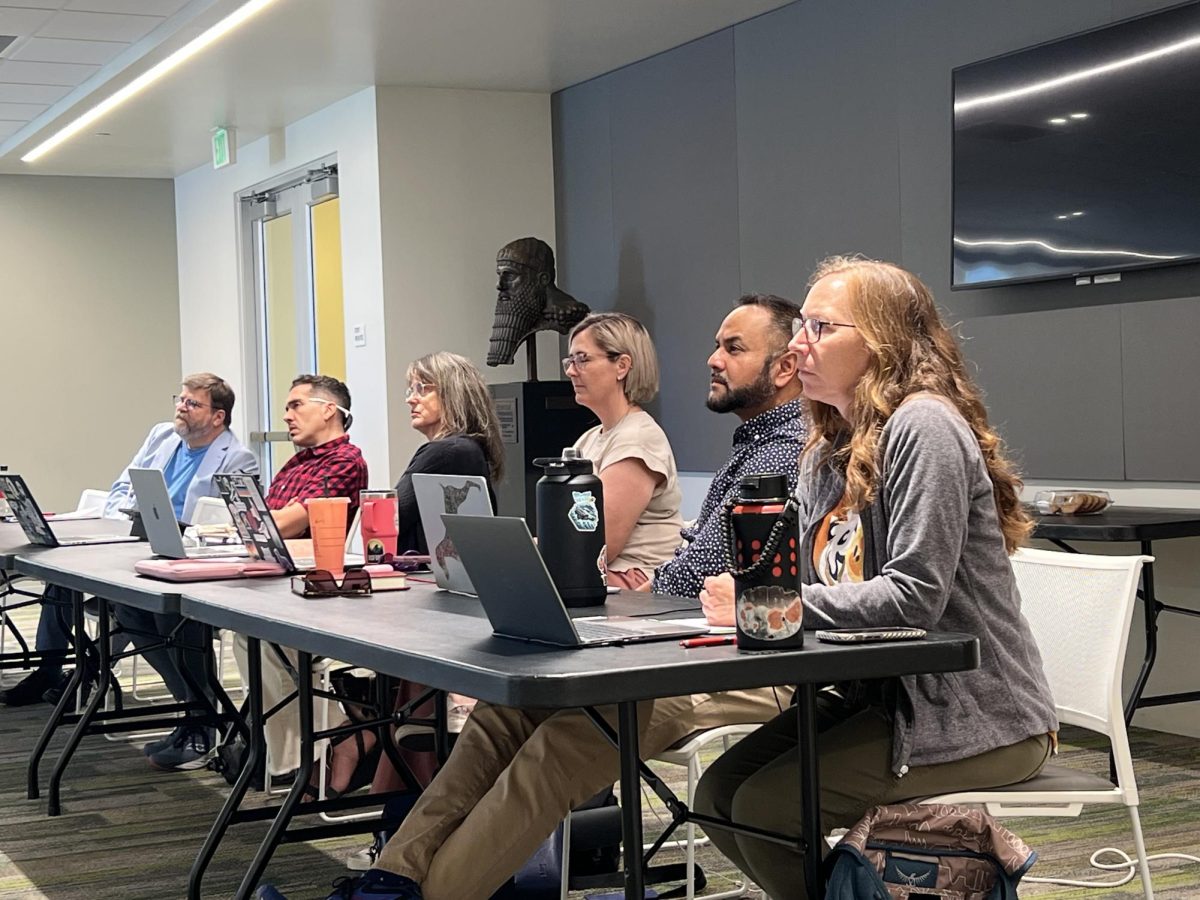
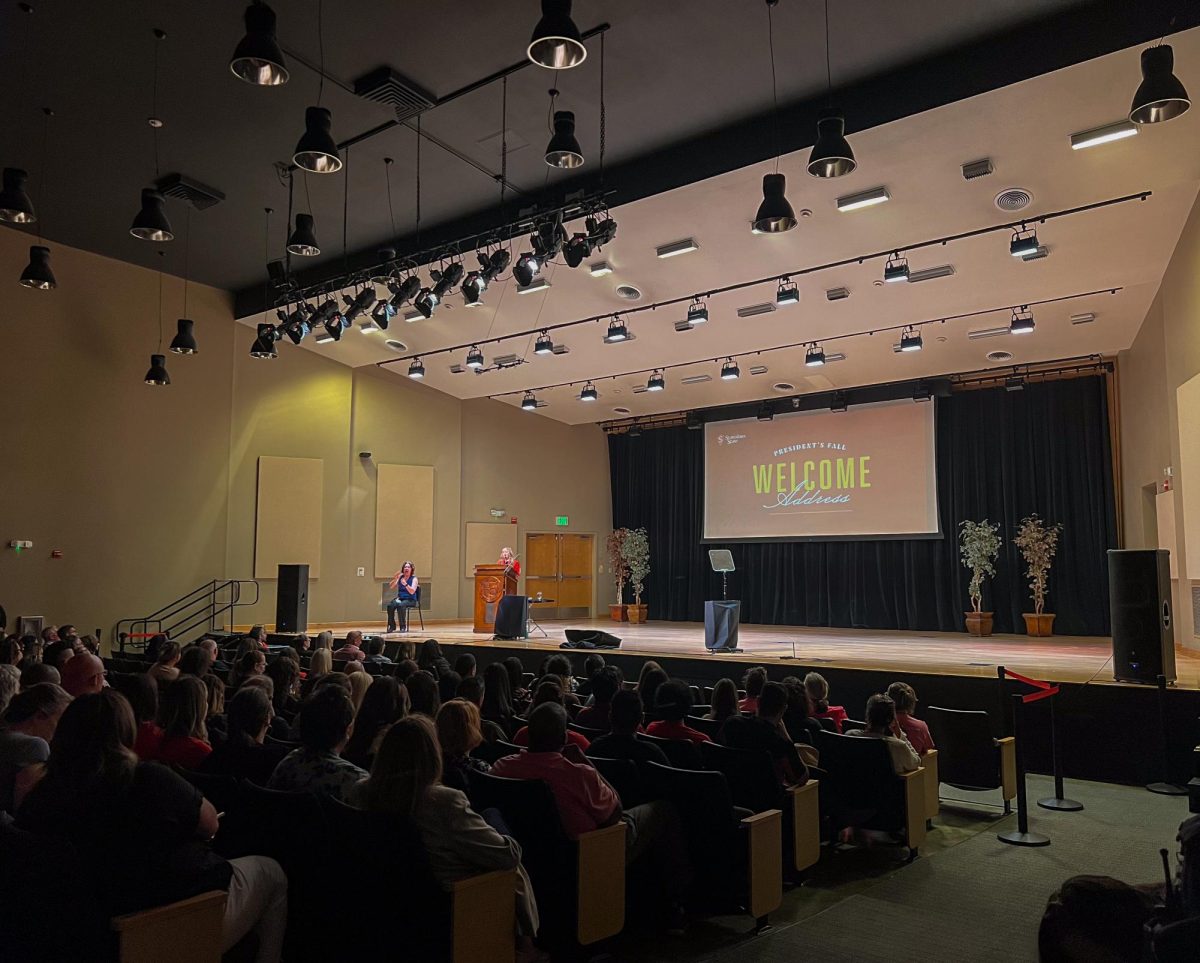
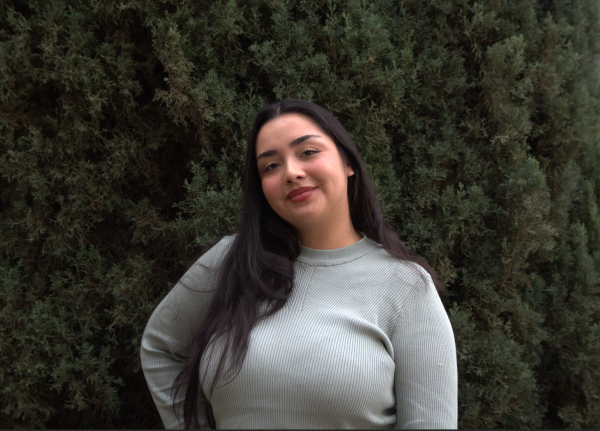

Gaby Muro • Feb 18, 2025 at 11:43 pm
I really like what Professor Lanser had to say. It reminds me of when Wikipedia was an issue to some professors and people in general. My perspective on Wikipedia completely changed when a professor told me it was acceptable because citation are provided on wikipedia. We of course could not directly site Wikipedia on our articles, but if one of the Wikipedia citations took us to valuable, truthful, and usable information, we were allowed to cite that.
Another thing I love about what Professor Lanser said was that he allows it for his freedom of speech class!
Gaby Muro • Feb 18, 2025 at 11:43 pm
I really like what Professor Lanser had to say. It reminds me of when Wikipedia was an issue to some professors and people in general. My perspective on Wikipedia completely changed when a professor told me it was acceptable because citation are provided on wikipedia. We of course could not directly site Wikipedia on our articles, but if one of the Wikipedia citations took us to valuable, truthful, and usable information, we were allowed to cite that.
Another thing I love about what Professor Lanser said was that he allows it for his freedom of speech class!